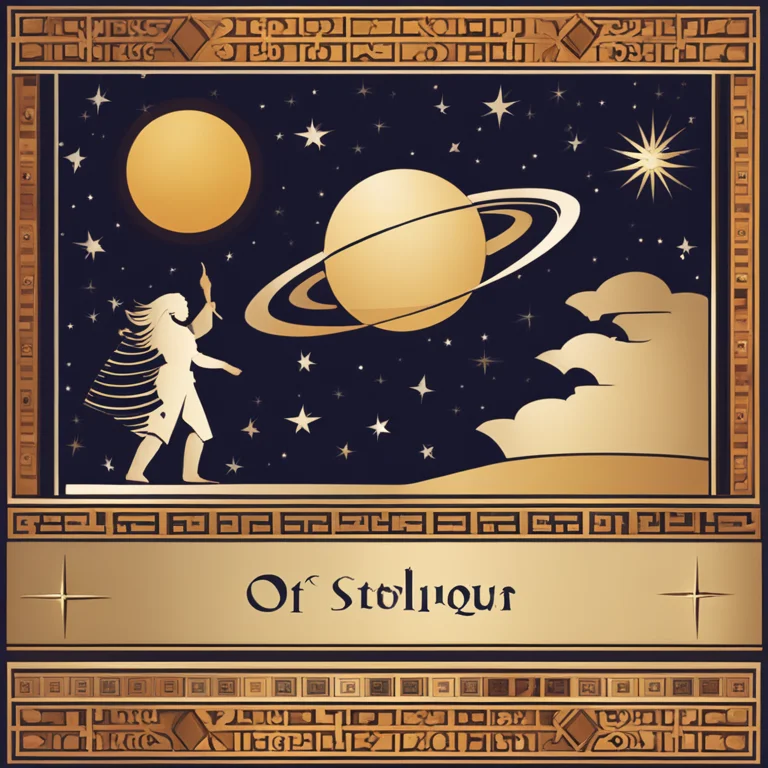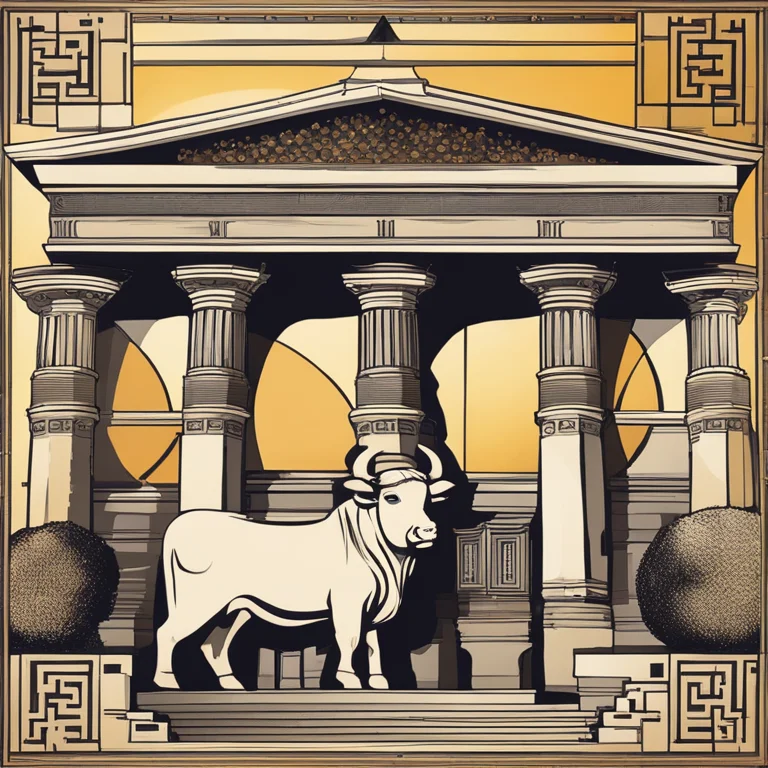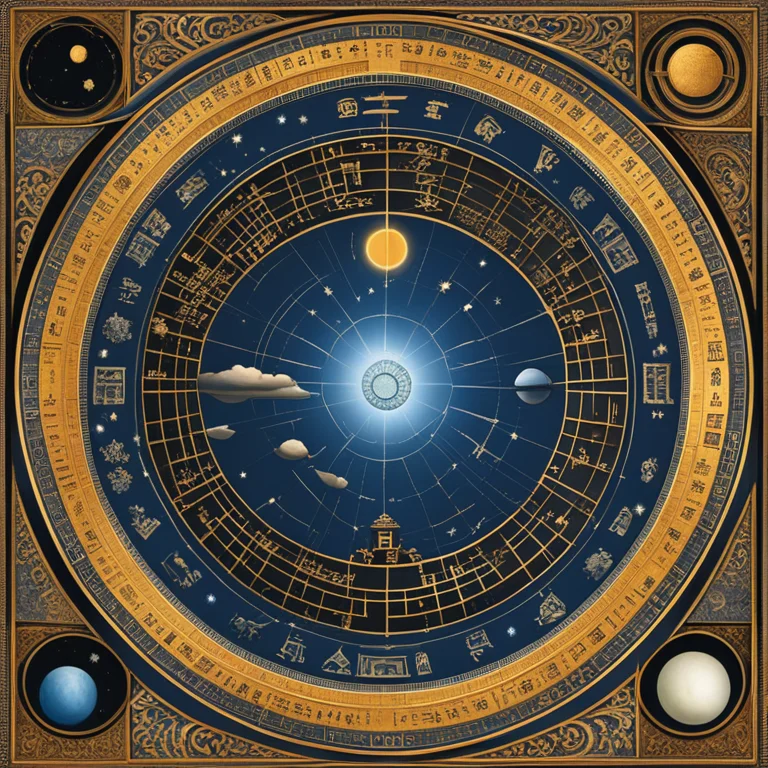
Zodiac Signs: Exploring The Origins
Delve into the ancient beginnings of the zodiac signs and discover how astrology has shaped our understanding of personality and destiny throughout history.
article by Priya Deshmukh
The Dawn of Astrology
The practice of astrology, which encompasses the zodiac signs we are familiar with today, can be traced back over thousands of years. Rooted in the observation of celestial patterns, early civilizations saw the stars and planets as divine messengers. The zodiac, derived from the Greek word meaning "circle of animals," was a method to interpret the gods' wills and predict future events, a concept that has fascinated humankind since the dawn of civilization.

The Zodiac's Babylonian Beginnings
The earliest evidence of zodiac signs originates from the ancient Babylonians around the 5th century BCE. They were the first to create a systematic calendar based on the movements of the Moon and develop a twelve-part division of the sky—each associated with a constellation and a corresponding month. This zodiac formed the foundation for later astrological traditions, including the Hellenistic astrology that is the direct ancestor of today's Western astrology.

Greek Influence and Horoscopic Astrology
Astrology underwent significant development during the Hellenistic period after Alexander the Great's conquests melded Greek culture with that of the Near East. The Greeks adopted the Babylonian zodiac and added their own contributions, such as the concept of the four elements (fire, earth, air, water) and the creation of the horoscope—cast from the exact time and location of one's birth.

Integration with Roman Culture
As astrology continued to evolve, the Romans further integrated zodiacal signs into their society. Names familiar to us today, such as Aries, Taurus, Gemini, and so on, are derived from Roman interpretations of the constellations. The practice of astrology became so widespread in the Roman Empire that scholars and philosophers like Ptolemy would write texts that are still referenced in astrology.

The Zodiac in the Modern Era
Over time, astrology has seen periods of both acceptance and skepticism. During the Renaissance, it experienced a revival, with figures such as Nostradamus contributing to its practice. However, the rise of the scientific method led to a decline in the mainstream acceptance of astrology. Nevertheless, in the 20th century, astrology found a resurgence, particularly with the advent of psychological astrological interpretation and the expansion of new age movements. As we move into 2024 and beyond, astrology, including horoscopes and zodiac forecasting, continues to interest many, often seen as a tool for self-discovery and reflection.
Astrological Insights for 2024 and Beyond
While the foundations of astrology have remained consistent over millennia, astrologers today are interpreting celestial events with contemporary relevance. For instance, forecasts for 2024 consider the Saturn-Uranus square, which is often associated with tensions between structure and change, mirroring global socioeconomic shifts. Similarly, the movement of Jupiter into Taurus can signify a global focus on sustainability and respect for the environment—a contemporary interpretation of ancient symbolism.
Published: 1/9/2024
Modified: 1/10/2024
More predictions
Come back here soon to learn more about yourself and your future


Can Astrology Predictions Be Altered?
Explore whether the predictions of astrology have the flexibility to change and if individuals can influence their astrological destinies.


Astrological Forecast: Can It Predict Divorce?
Delve into the intriguing world of astrology to explore its potential in forecasting relationship outcomes such as divorce.


The Ancient Beginnings Of Astrology
Delve into the ancient beginnings of astrology and discover how this mystical practice captured the human imagination, from Babylonian times to the modern-day.